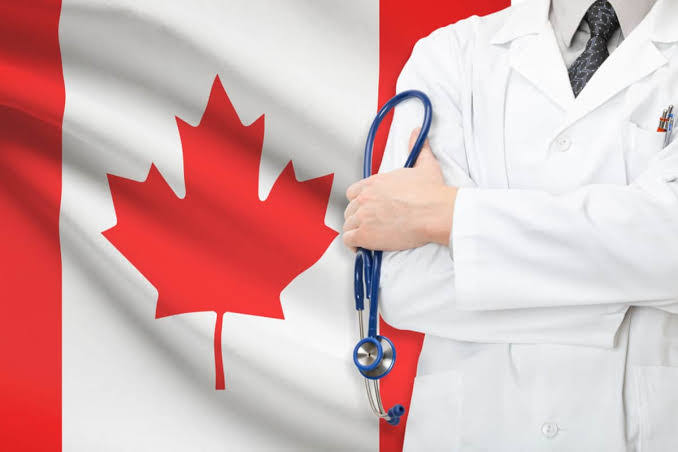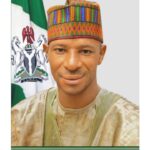…Blocking Practice Despite Passing Exam
A recent investigation has revealed that several Black and Brown doctors, including Nigerians, Indians, Sudanese, and Iraqis, who completed their specialist medical training in the UK and Ireland, are being unfairly denied the right to practice medicine in Ontario, Canada.
Despite meeting all the necessary qualifications and passing the required certification exam, these doctors remain in limbo, unable to pursue their careers due to bureaucratic obstacles.
The affected doctors, who passed the specialist certification exam with the required 70% mark, say they were initially assured that this would qualify them to practice in Canada. However, despite achieving this pass mark, their certifications have been inexplicably denied by the Canadian medical regulatory body, leaving them unable to work in their field.
One of the doctors, who spoke anonymously for fear of retaliation, said, “We were led to believe that the exam was the final hurdle. Passing it was supposed to open the doors to our medical careers in Canada. But despite meeting the required pass mark, we found ourselves blocked from practicing. The regulatory body offered no clear reason for this denial, leaving us in limbo.”
These doctors, many of whom have spent years waiting, shared their frustration and despair. Another doctor revealed the emotional toll: “It’s been almost five years, and the hope we had has turned into despair. We have been left in a state of uncertainty and frustration, with our careers on hold and our lives in disarray. Some of us have fallen into depression due to unmet expectations and the strain of navigating a system that seems intent on keeping us out.”
Determined to fight for their right to practice, the doctors hired lawyers and filed formal complaints in an effort to force the regulatory agency to provide answers. However, their attempts have been met with bureaucratic delays and vague responses, prolonging the uncertainty.
“The legal process was exhausting, both emotionally and financially,” said one doctor. “We were fighting for our right to work in the profession we trained so hard for, yet the regulatory body seemed more interested in maintaining its opaque procedures than in addressing our concerns.”
The doctors also expressed frustration at the lack of media attention, stating that mainstream outlets, such as CBC, ignored their attempts to shed light on the issue. They attribute this to potential editorial bias, further compounding their feelings of isolation.
Additionally, the doctors criticized the Royal College of Physicians and Surgeons of Canada (RCPSC) for taking nearly a year to appoint an expert to grade their exams, a crucial step in addressing their concerns. According to them, a key psychometrist, Gary Cole, modified a contentious document dated June 12, 2020, which has now become central to the legal proceedings. The document, which allegedly involved changes to the exam format post-lawsuit, lacked clear references to standard settings, raising questions about its validity.
In court, the defense’s tactics, described as a “slow walk” approach, have frustrated the doctors, leading to prolonged delays in resolving the case. One doctor recounted his personal struggles, including being out of work for three years, accruing significant debt, and facing the potential foreclosure of his home. “I can’t believe this is happening to me. My whole life is in shambles. I’m just surviving by the grace of God,” he lamented.
Another doctor added, “My wife and family always keep a close eye on me because at one point I fell into depression. To tell you the truth, it’s not funny at all. My dreams of making it in a country where the grass is supposed to be greener have left me in the shadows of my past.”
As of the time of this report, the regulatory agency has not responded to requests for comment, leaving the doctors without answers and the situation unresolved. The silence from the licensing body only deepens concerns about the transparency and fairness of the certification process.
For these doctors, the dream of practicing medicine in Canada remains distant, overshadowed by the challenges of an opaque regulatory system. Their plight underscores the urgent need for accountability and reform within the medical certification process to ensure fairness and justice for all qualified professionals.



